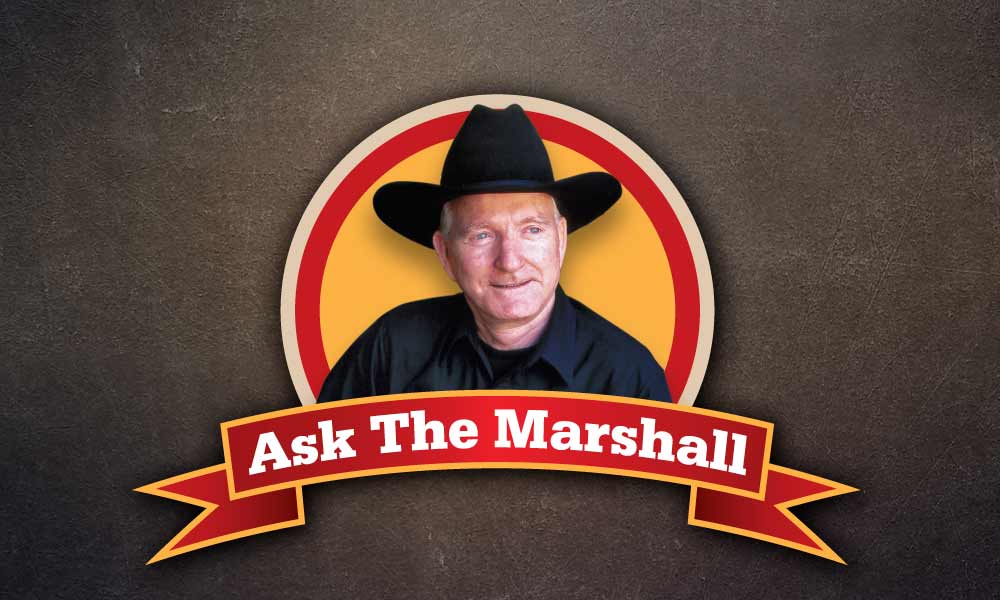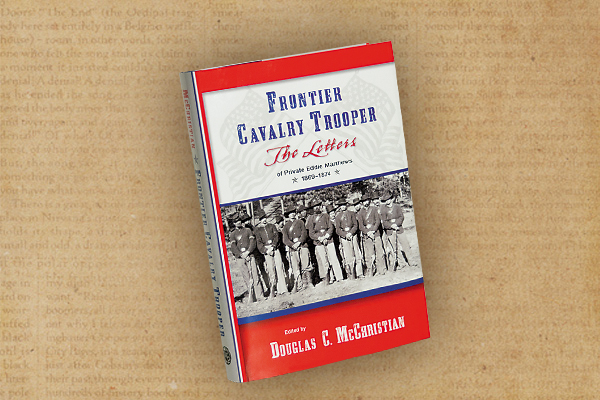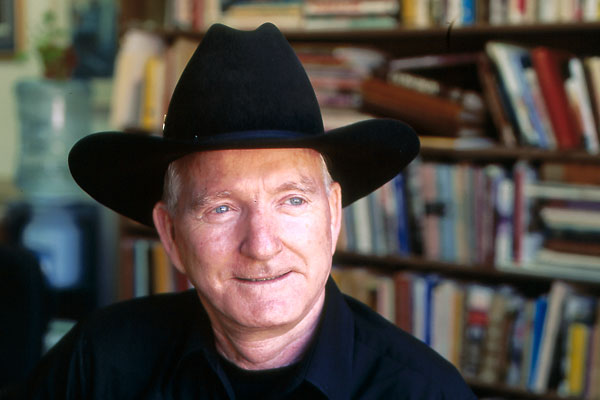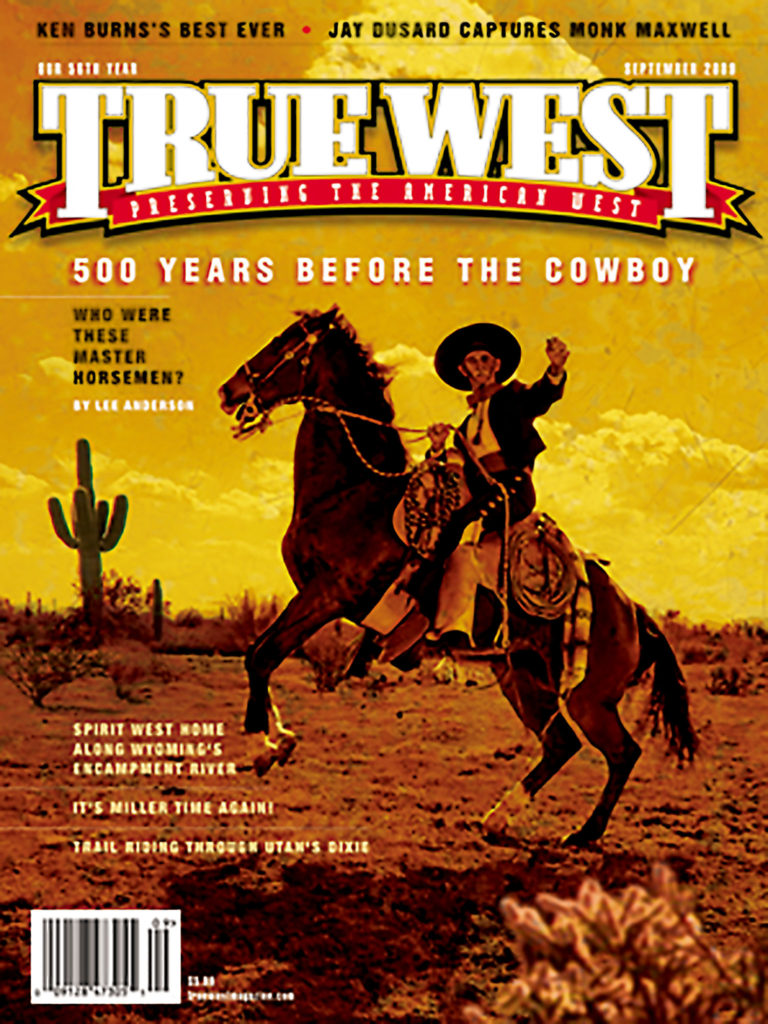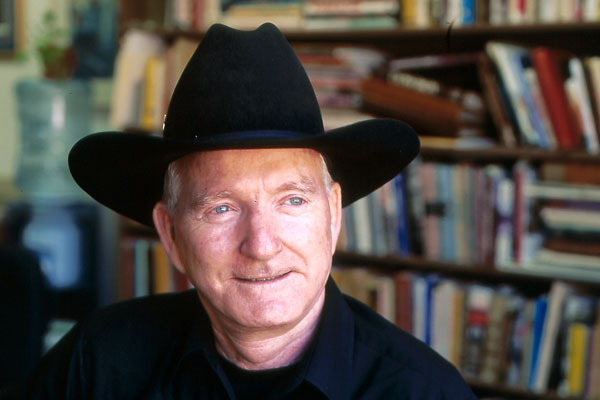
Why is Maj. Marcus Reno of the 7th Cavalry such a controversial figure?
Ross Taylor
Nashville, Tennessee
I believe Maj. Marcus Reno was unfairly treated following the Custer Battle. Libby Custer blamed him for the Little Bighorn defeat, as did other Custer supporters; that faction believed he was a coward for not coming to Custer’s aid during the attack. Those folks kept making trouble for him.
In April 1877, the wife of another officer, a woman with an unsavory reputation, began hitting on Reno. When he rebuffed her, she charged him with making improper advances. A court martial found him guilty. The army tried to kick him out, but President Rutherford B. Hayes intervened; he reduced punishment to two years suspension without pay.
Some brother officers accused him of striking a junior officer, but those charges were dropped.
Then he was charged with being a “peeping tom” and drunk on duty at Fort Meade, Dakota Territory. The case was weak, but the army dismissed him on April 1, 1880—over the protests of Gens. Sherman and Terry. Reno tried, unsuccessfully, to clear his name before he died of cancer in 1889. His body was buried in an unmarked grave in Glenwood Cemetery, Washington D.C.
During the mid-1960s a relative requested the army re-open the case; the army determined the evidence did not support the charges. The army restored Reno to his rank and, in 1967, buried his body at the Custer Battlefield cemetery.


